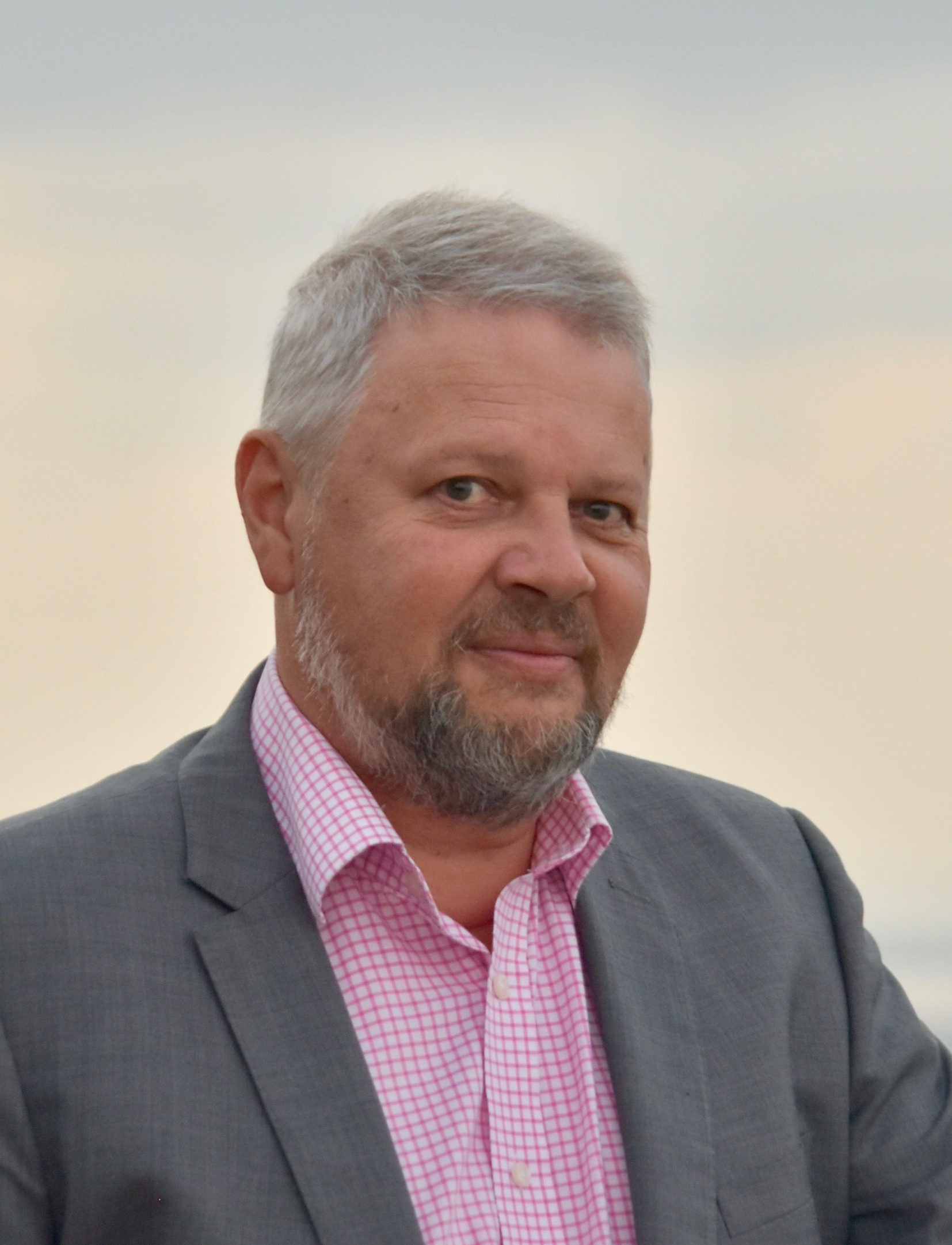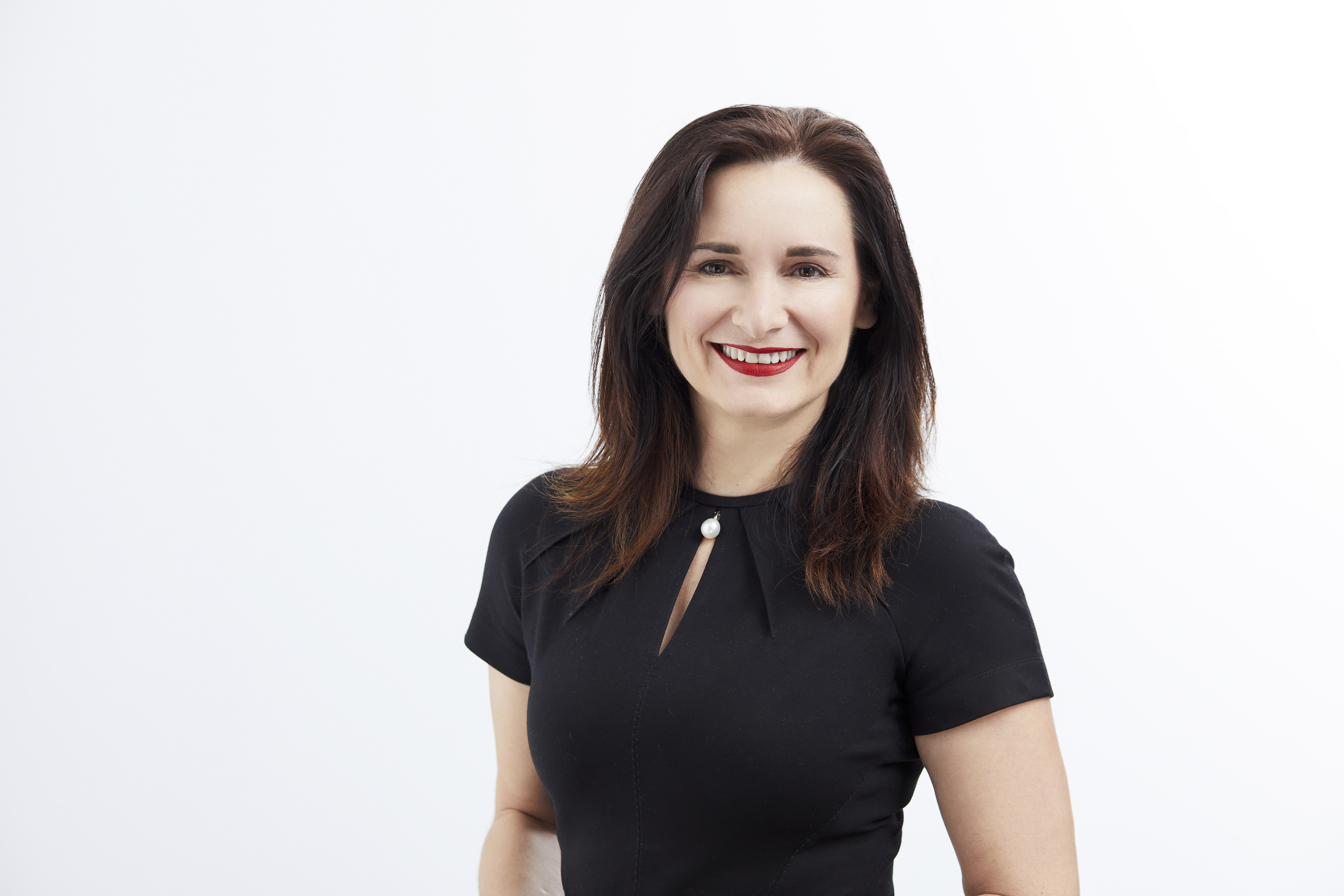In researching our recent paper, “The Road to Alignment,” we interviewed 27 leading communication professionals from around the world. Some of their thoughts are shared here throughout this article, and as you would expect, these discussions became wide ranging. On top of many great thoughts about alignment, they also uncovered three big ideas.
The first two ideas have already been covered in Let’s Kill the Corporate Clutter and What Is the Future of Communication? Now it’s time to move to the third.
So, you think we’re experiencing change? Think again. It’s much more than that. We’re living through nothing less than a total realignment of society. What does that mean for communication professionals?
Sometimes, it’s easy to fall into the trap of thinking that building alignment is one of those “set and forget” propositions. You know... you run an alignment program and voilà, job done. That thought is dangerous for two reasons.
First, alignment starts disappearing the moment you take your foot off the accelerator. With every new hire, inconsistent decision or message and every tinker with the story we’re aligned to, we lose a small piece. And that small loss can bubble up into total misalignment at a frightening pace.
Everything’s Transforming
The second (and bigger) reason is that the world isn’t static. It’s changing dramatically. In fact, it’s clear we’re all living through...
“a long, ongoing realignment of society.”
—Michael Ambjorn, SCMP, founder and director, Align Your Org; managing director, Urbantech
Think about it. We’re seeing growing political divides and geopolitical shifts both within countries and across the world. The impact of COVID-19 has changed the lifestyles, ways of working and attitudes of people all over the world. It has also changed the face of industries such as health and travel — changes we will experience for years to come. It has shone a light on everything from income and job insecurity to racial injustice, and a host of other societal issues that have worsened.
There’s also the effect of digital technology. It hit the mainstream as a fascinating curiosity in the 1990s and is now transforming the world under the guise of the fourth industrial revolution. In fact, it’s interesting to think about the impact of digital technology on our response to COVID-19.
“I would say COVID has been a great enabler [for communicators]. It’s provided a greater need and therefore an obvious path for leaders to communicate more with their teams, whatever size that team is and whatever the style is. I think the biggest facilitator undoubtedly has actually been broadband. If we were having this conversation 20 years ago it would be very, very different.”
—Russell Grossman, ABC, director of communications, Office of Rail and Road and head of Government Internal Communications Profession, United Kingdom Government
And there’s been a changing of the guard when it comes to societal values, behaviors and expectations, as millennials take charge and Generation Z begins to reach adulthood. One powerful way this impacts all organizations is the growing investor and societal focus on corporate sustainability and environmental, social and corporate governance (ESG). Many are focusing on zero-carbon transitions and looking at what this means for business and the future role of business and government working together to solve these significant issues.
“Your boardroom table is on fire, and if you don’t put it out, your shareholders are coming for you — and with that the press will, too. Because the unseating of boards (and senior management teams) makes for great reading, as you’ll know if you regularly read the Wall Street Journal, Financial Times, Bloomberg, etc.
“How do we know this? Last year Larry Fink, the CEO of the world’s biggest asset manager, issued some guidance: ‘...we will be increasingly disposed to vote against management and board directors when companies are not making sufficient progress on sustainability-related disclosures and the business practices and plans underlying them.’ And to put weight behind his words he also said: ‘Last year BlackRock voted against or withheld votes from 4,800 directors at 2,700 different companies.’ And in this year's letter he made it clear that they'll keep doing it until things change.
“There's a shift coming. It is coming faster than you think — and it has the sound of not billions but trillions of dollars being redirected. Listen, learn and align your efforts so they fit both your own purpose and values — as well as those you work with.”
—Michael Ambjorn, SCMP, founder and director, Align Your Org; managing director, Urbantech
BUSINESS ACUMEN
What Is the Future of Communication?
Learn how the personas of communication professionals as advisers, enablers, humanists and history allude to how the role will evolve
What Does This Mean for Communication Professionals?
What should communication professionals do in the face of this “long, ongoing realignment,” as Ambjorn put it. Here are five thoughts.
First, embrace change. Yes, it is hard, uncomfortable and, sometimes, painful. But imagine the flip side. A world without change means there is no prospect for something better. No opportunity. Nothing to aspire to.
In contrast, a world of rapid change creates enormous opportunities on top of the challenges.
Second, develop a really good outside-in view. Build a clear understanding of the changing world around you, what it means for your organisation and think about how to make sense of it all for your organization from a communication perspective. Let’s face it, customers aside, we own more external and internal stakeholder relationships than anyone. We have an enormous opportunity to convert those relationships into knowledge, advice and, ultimately, trusted counsel.
In fact, we have a duty to do it.
On a related matter, don’t look to others for the answers.
“I think it's a fascinating thing to observe. I know that boards are going to have to address some of this stuff. I don't know that they're very well equipped. Also, a lot of our people will say ‘tell me the rules, what are the rules?’ Unfortunately, the rules are hard to define. Issues like this are never binary.”
—Danielle Bond, SCMP, group director of brand, marketing and communications, Aurecon
Instead of asking others for the answers, help shape their creation. As United States President Barack Obama once said, “Change will not come if we wait for some other person or some other time. We are the ones we've been waiting for. We are the change that we seek.”
That’s never been truer than it is now.
Fourth (with apologies to the American rock band Journey), don’t stop aligning. It’s not a one-off job. Aligning your organization to a world in generational change is a never-ending task. Again, that’s a challenge. But it’s also an opportunity for the organizations that do it well.
And finally, as we’ve discussed in previous articles, be the voice of the people. Make sure your colleagues and stakeholders voices are heard in these times of flux, conflict and automation. Doing this well could well be the most important thing you can do for the success of your organization, your profession and your career.
Wayne Aspland and Zora Artis GAICD, SCMP Wayne Aspland
Wayne Aspland
Wayne Aspland is a writer and communicator with more than 15 years’ experience in corporate, leadership and internal communications (including Head of Function). He has also lectured in communications at Deakin University, and acted as a member of the IABC Victoria Board (past) and the IABC APAC Board (current).
Aspland believes the purpose of all corporate communication is to bring people together, to create a connection. It’s the CEO seeking to unite her people behind a strategy or transformation. The group of stakeholders trying to find common ground. The salesperson and his potential client thrashing out a deal. The marketer creating collateral that will hopefully turn browsers into buyers. It’s all communication and it’s all about bringing people together. That’s how you get things done.
 Zora Artis
Zora Artis
Zora Artis, GAICD, SCMP, FAMI, CPM, is Australia’s leading alignment strategist, working with leaders to unlock value in their organizations, people and brands to drive performance. She is the CEO of Artis Advisory, a current director of International Association of Business Communicators (IABC) Asia Pacific region, past director of the IABC global executive board, and vice-chair of the IABC World Conference 2021. Artis has almost three decades in business, marketing, communication, advertising and branding, and has worked with a breadth of organizations, including ABInBev, adidas, AusNet Services, AIA Australia, A2 Milk Company, GSK, LendLease, Weir Group, Marsh and the Victorian Government.